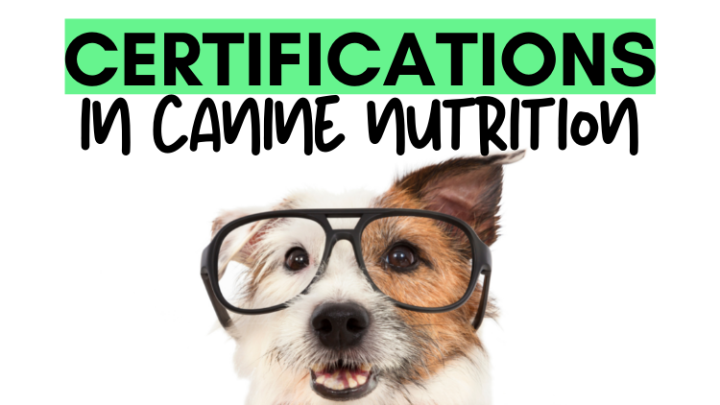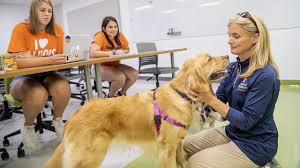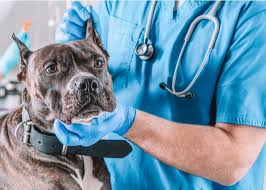
Canine nutritionist certification: The path to becoming a canine nutritionist is fulfilling but requires a combination of education, practical experience, and a genuine desire to enhance the lives of dogs. Although the expenses associated with education and establishing a business can differ, the chance to make a positive difference in the health and well-being of furry companions is invaluable. By obtaining the required qualifications, gaining hands-on experience, and prioritizing exceptional service, you can embark on a satisfying canine nutrition career and build a prosperous business that nurtures both pets and their owners.
Canine Nutritionist Certification
The Certificate in Canine Nutrition (Cert.CN) program offers a scientifically grounded and comprehensive study of nutrients, life-stage nutrition, digestive anatomy, and other relevant subjects. It serves as a strong foundation of knowledge essential for a comprehensive understanding of canine nutrition.
Becoming a canine nutritionist involves specialized knowledge and training to provide expert guidance on pet nutrition. Here are some pathways you can explore:

Canine nutritionist certification
1. Pet Nutrition Coach Certification:
-
- The NAVC Pet Nutrition Coach Certification program prepares veterinarians and animal hospital staff to communicate and provide expert guidance on pet nutritional needs.
- You’ll gain insights into pet nutrition, learn to conduct nutritional assessments during routine examinations, and make customized recommendations for pets and their owners.
- This online, self-paced training includes a final exam and offers 8 hours of RACE-approved continuing education. The program costs $199 per person, with group discounts available.
2. Veterinary Nutritionist:
-
- To become a veterinary nutritionist, follow these steps:
- Graduate from an AVMA-approved veterinary technician program or obtain a veterinary technician license.
- Accumulate three years or 4000 hours of work experience in the field.
- Complete 40 hours of continuing education in animal nutrition.
- Document advanced clinical or research experience.
- Pass a certification exam.
- To become a veterinary nutritionist, follow these steps:
3. Bachelor’s Degree in Animal Sciences:
-
- Start by pursuing a Bachelor of Science degree in Animal Sciences or a related field.
- Postgraduate studies and additional certifications can further enhance your career prospects as a pet nutritionist.
4. Pet Nutritionist:
-
- Generally, pet nutritionists require a four-year undergraduate degree in animal sciences, biological science, or agricultural science.
- On-the-job training and staying current with nutritional advancements are essential for success in this field.
5. Certified Professional Canine Nutritionist (CPCN):
-
- Consider becoming a Certified Professional Canine Nutritionist (CPCN).
- Master the skills of feeding dogs species-appropriate diets to prevent nutrient-related diseases and enhance overall health, well-being, and longevity.
Remember that proper nutrition significantly impacts pet health, and as a canine nutritionist, you’ll play a crucial role in improving the lives of our furry companions! 🐾







